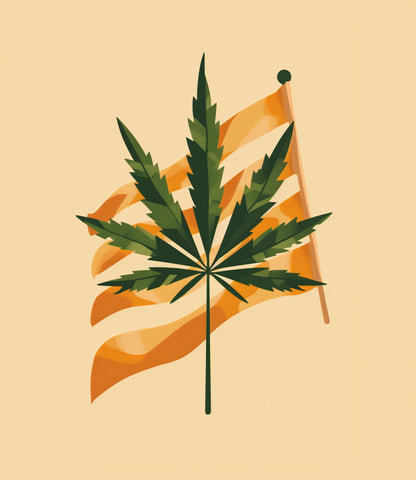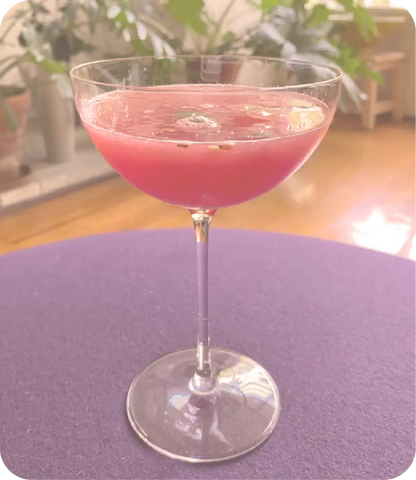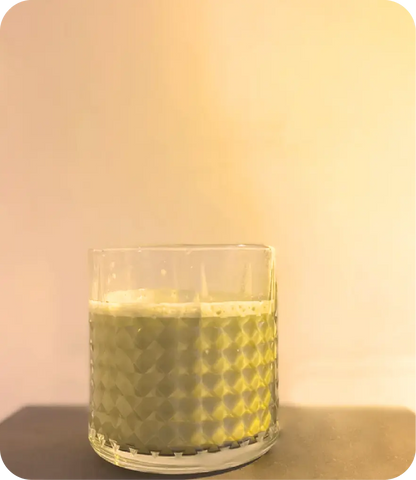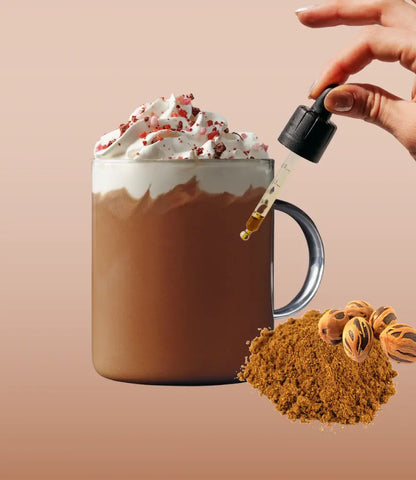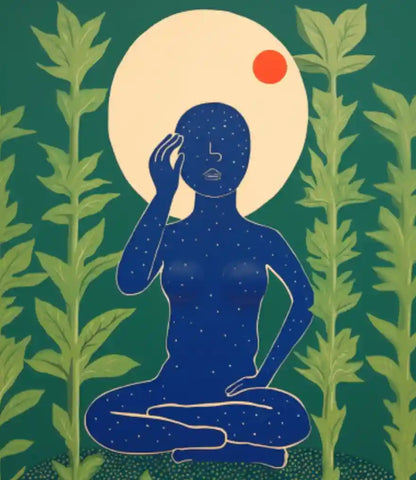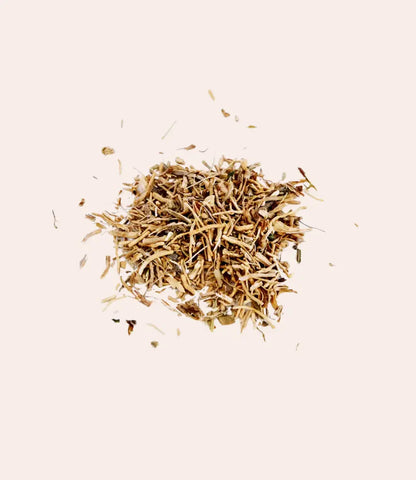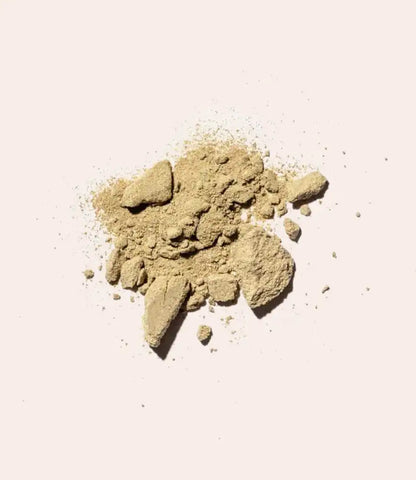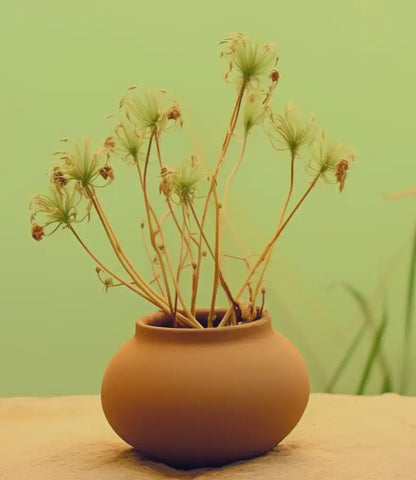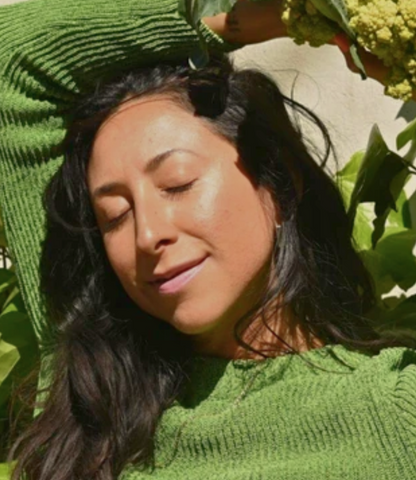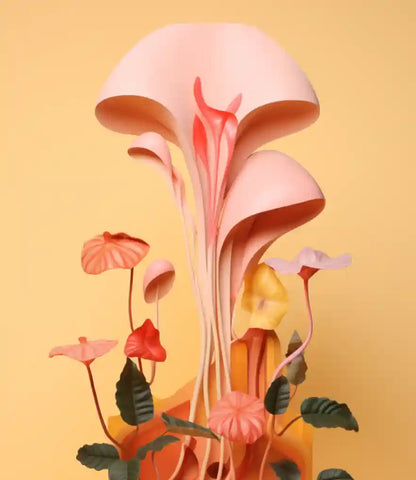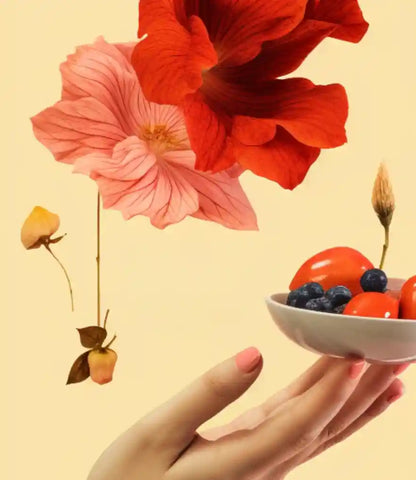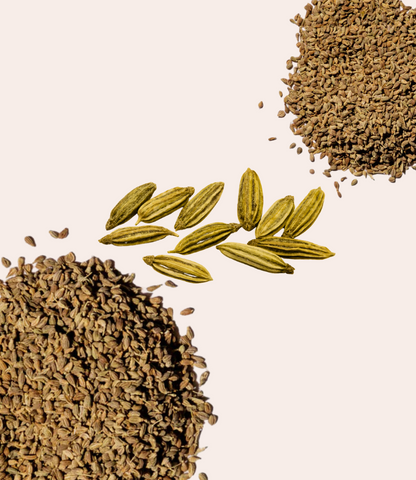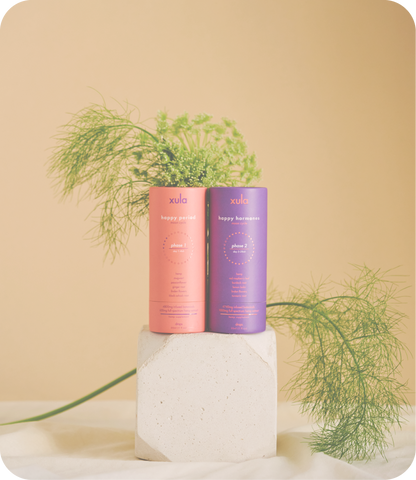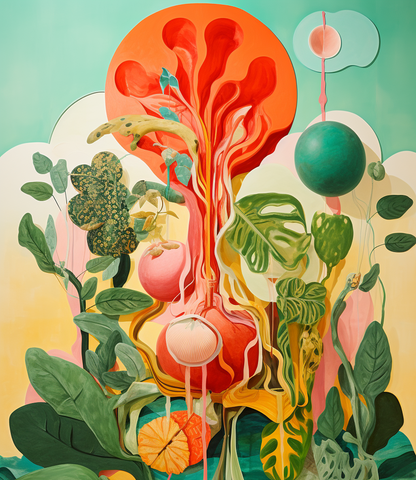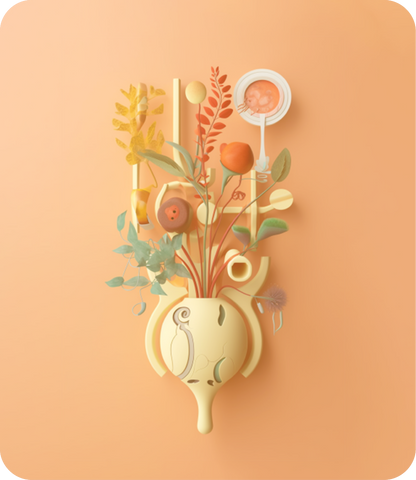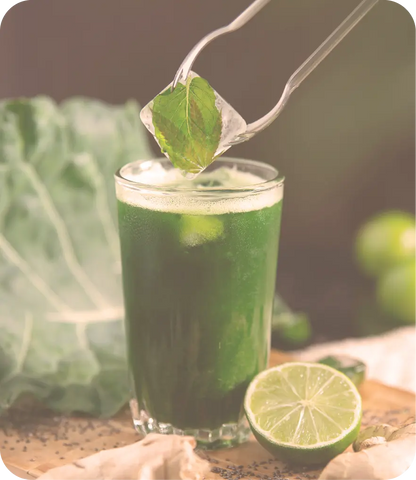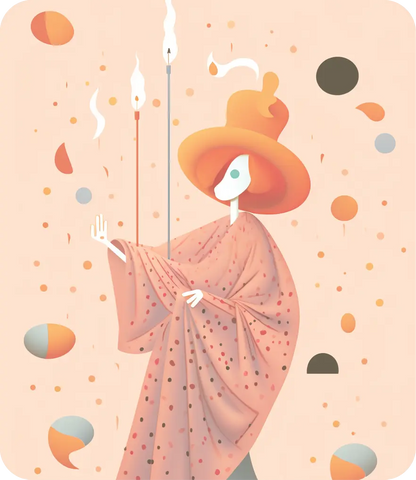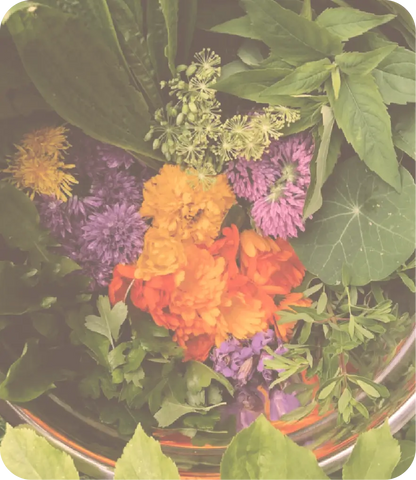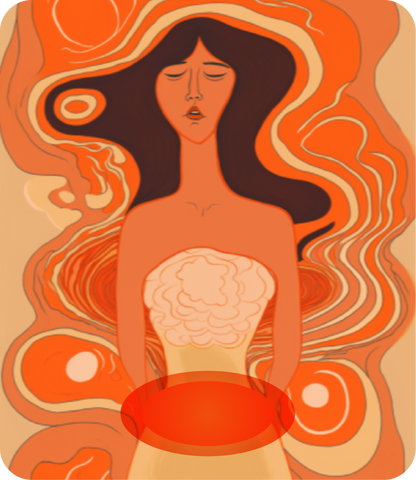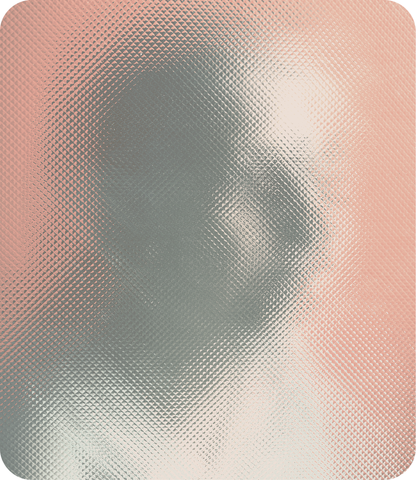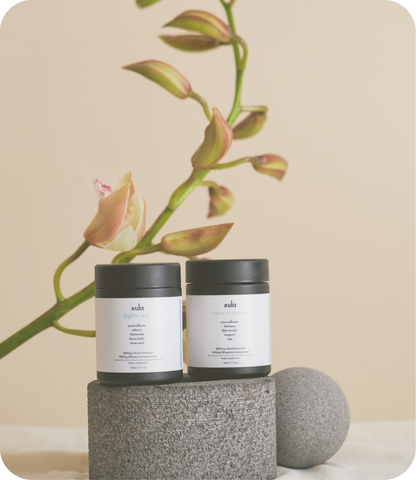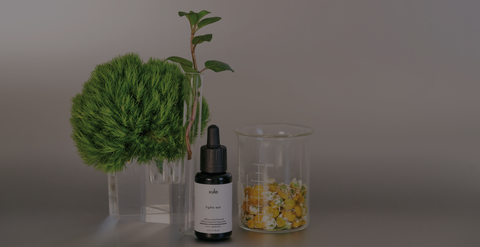
6 Powerful Herbal Allies to Help Alleviate Stress
We’re barely a few weeks into the New Year and the effects of burnout are already being felt by many people. While burnout is still not considered a medical condition, it is one of the myriad of issues that come from a combination of physical and psychological stress and the breakdown of our body and minds’ ability to process such stress. According to the Mayo Clinic, chronic stress can lead to serious health issues. Just like there’s no single cause for chronic stress, there’s no single cure, either. An often-overlooked treatment that is safe and easy to do at home is supporting your mental and physical wellbeing with herbs.
Why stress is bad for the body
When your stress response system is active for a long period of time your body gets overexposed to cortisol and other stress hormones which disrupt most of your body's processes and rhythms. Cortisol is good when you really need it—it supplies much-needed glucose to the brain, so you can think and act on your feet to have the fight-or-flight response kick in. It also suppresses systems that aren’t immediately essential to this survival response, including the digestive and reproductive systems. Now you can see why having this system booted up constantly and chronically can take its toll on the body. Some key symptoms or signs that you are experiencing chronic stress are headaches, insomnia, weakened immune system, tense muscles, and reproductive health issues (including missed periods and erectile dysfunction)—just to name a few.
Generally, chronic stress comes from either emotional or mental sources such as the experience of a traumatic event or from your lifestyle. Key lifestyle factors that trigger a chronic stress response are working too much, eating inflammatory foods, and not getting enough sleep.
Fighting chronic stress
What you can do to fight it? There are some severe life factors that can be causing or contributing to chronic stress and cannot be solved externally. However, there are a few tricks you can use to support your body in getting out of the cortisol and adrenaline-fueled toxic cycle of chronic stress and returning to healthier homeostasis. Things that calm the nervous system include breathing exercises, sleeping sufficiently, having greater boundaries with work, and consuming certain foods and herbs that have soothing properties.
If your body is in a state of chronic stress, you can incorporate herbs in your routine as a way of supporting you in both acute and chronic situations of stress. The reason for this is that herbs can help you manage immediate stress triggers by calming the nervous system and also help with more long-term stress by working as adaptogens. An adaptogen will work with your overall system to help you manage stress over time. There are herbs that help with one or the other or with both of these. Examples that help with both are hemp and lemon balm.
Herbs for Chronic Stress
Hemp
Hemp is often touted as a miracle plan, especially with the legalization of marijuana in many states and the CBD craze. However, amongst all the hype, there is a lot of truth to it. Studies show that CBD ingestion demonstrates improved clinical outcomes for healthy adults experiencing anxiety, as well as for people experiencing generalized anxiety disorder and other associated manifestations. Scientists are discovering new properties of cannabinoids all of the time. For example, CBG is shown to be an alpha(2)-adrenoceptor agonist and 5-HT(1A) receptor antagonist, meaning it works with one set of receptors associated with reduced anxiety and blocks another set to help maintain normal emotional states, boosting mood.
Chamomile
Chamomile tea is so widely available that it’s easy to forget that it has powerful medicinal properties. It’s historically used by herbalists to relieve stress and nervous tension, making it both effective for a daytime chillpill or a sleep aid, for people with anxiety-related insomnia. It doesn’t just have to be consumed as a tea. Powerful extracts can be consumed as tinctures and it’s even a pleasant addition to herbal smoke blends.
Passionflower
Passionflower isn’t just pretty to look at—it contains an active compound, chrysin (a type of bioflavonoid), which inhibits GABA reuptake in the brain, making the neurotransmitter available for longer. GABA is known for producing a calming effect, so having more of it available longer in the nervous system is associated with reduced tension. Passionflower extract is also clinically shown to have pronounced effects to calm stress, agitation, and anxiety. It’s often taken as a supplement in pill or soft gel form or as a tincture.
Damiana
Damiana is another herb that both has a long history in herbal medicine and is also widely studied for its active compounds. One such compound is naturally occurring apigenin, which targets the nervous system to help to reduce anxiety. The plant is known for its mood-improving abilities with anxiolytic- and antidepressant-like effects. Damiana goes well in herbal smoking blends and is also often consumed as an extract in a tincture.
Blue Vervain
Blue vervain has a long history of use in herbal medicine. It can be applied externally or consumed, and its the consumption of this herb that is most associated with positive mood and nervous system effects. Among its many purported uses is its ability to help settle nervousness and tension.
Lemonbalm
Lemonbalm smells like citrus but it is actually part of the mint family. It has been known for centuries (if not longer!) for its calming properties. Recent studies can also speak to this use of the plant—95% of participants in a pilot study using lemonbalm extract reported relief from symptoms of anxiety and/or insomnia. You can consume it like any member of the mint family, even though it has its own particular taste. Steep it in tea or try it on a salad.
Sources
Rebello CJ, Keller JN, Liu AG, Johnson WD, Greenway FL. Pilot feasibility and safety study examining the effect of medium chain triglyceride supplementation in subjects with mild cognitive impairment: A randomized controlled trial. BBA Clin. 2015 Jan 16;3:123-5. doi: 10.1016/j.bbacli.2015.01.001. PMID: 26675661; PMCID: PMC4669977.
Cascio MG, Gauson LA, Stevenson LA, Ross RA, Pertwee RG. Evidence that the plant cannabinoid cannabigerol is a highly potent alpha2-adrenoceptor agonist and moderately potent 5HT1A receptor antagonist. Br J Pharmacol. 2010 Jan;159(1):129-41. doi: 10.1111/j.1476-5381.2009.00515.x. Epub 2009 Dec 4. PMID: 20002104; PMCID: PMC2823359.
Akhondzadeh S, Naghavi HR, Vazirian M, Shayeganpour A, Rashidi H, Khani M. Passionflower in the treatment of generalized anxiety: a pilot double-blind randomized controlled trial with oxazepam. J Clin Pharm Ther. 2001 Oct;26(5):363-7. doi: 10.1046/j.1365-2710.2001.00367.x. PMID: 11679026.


